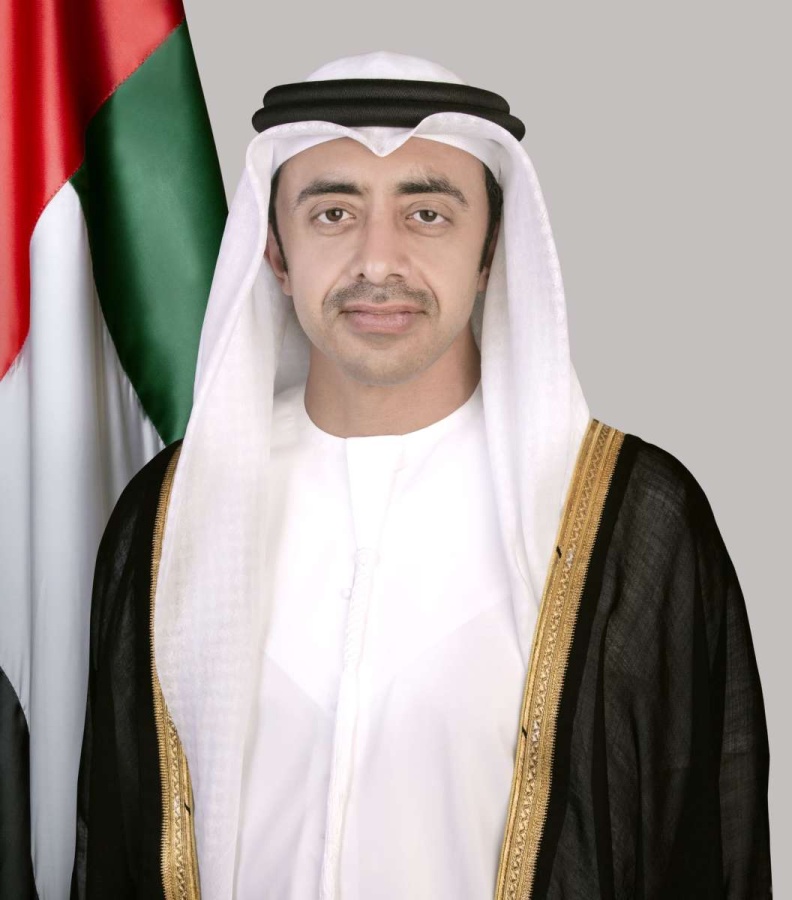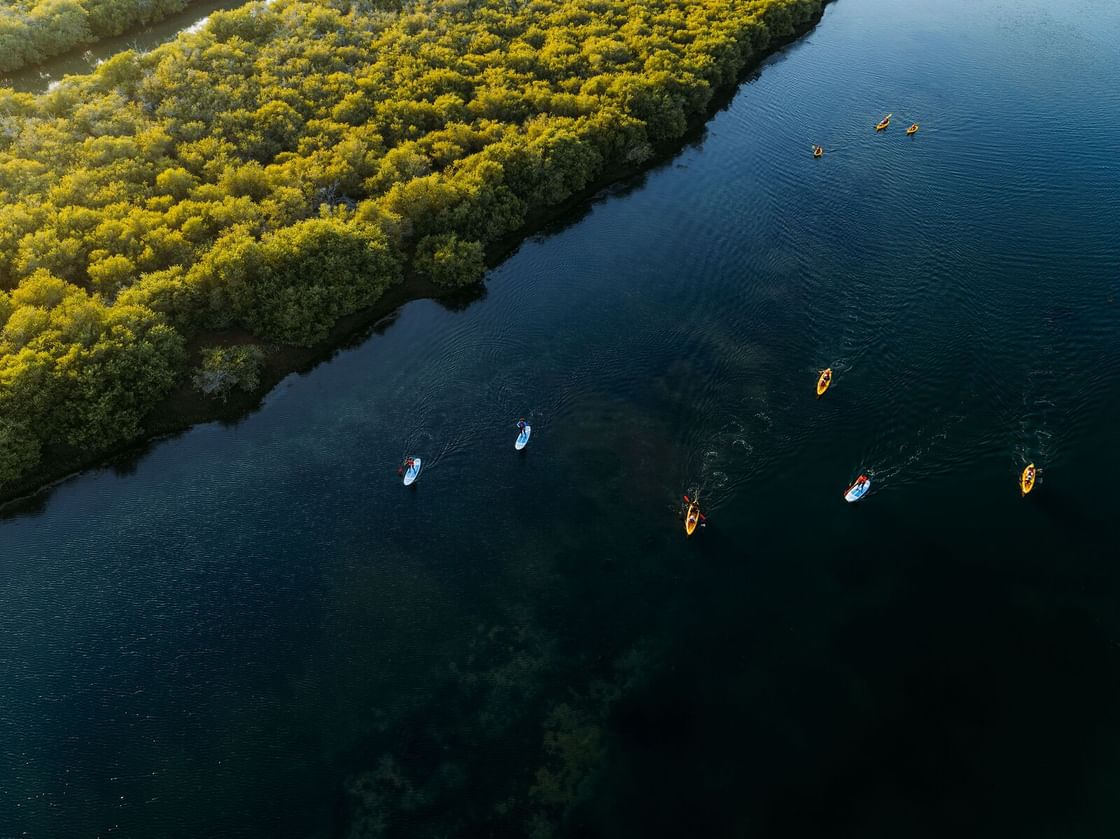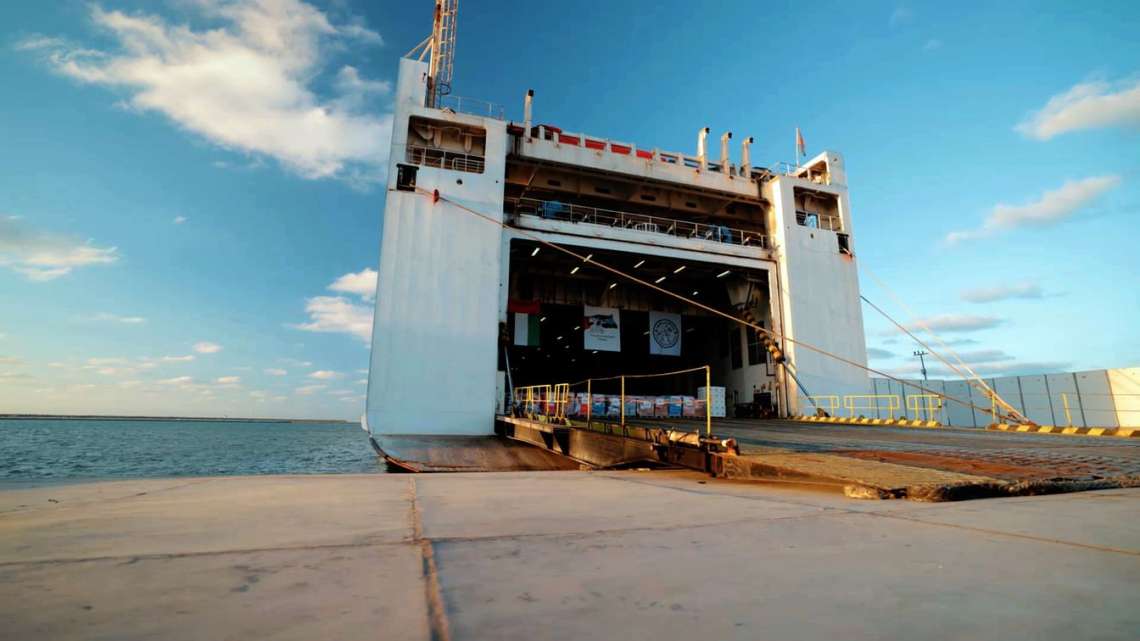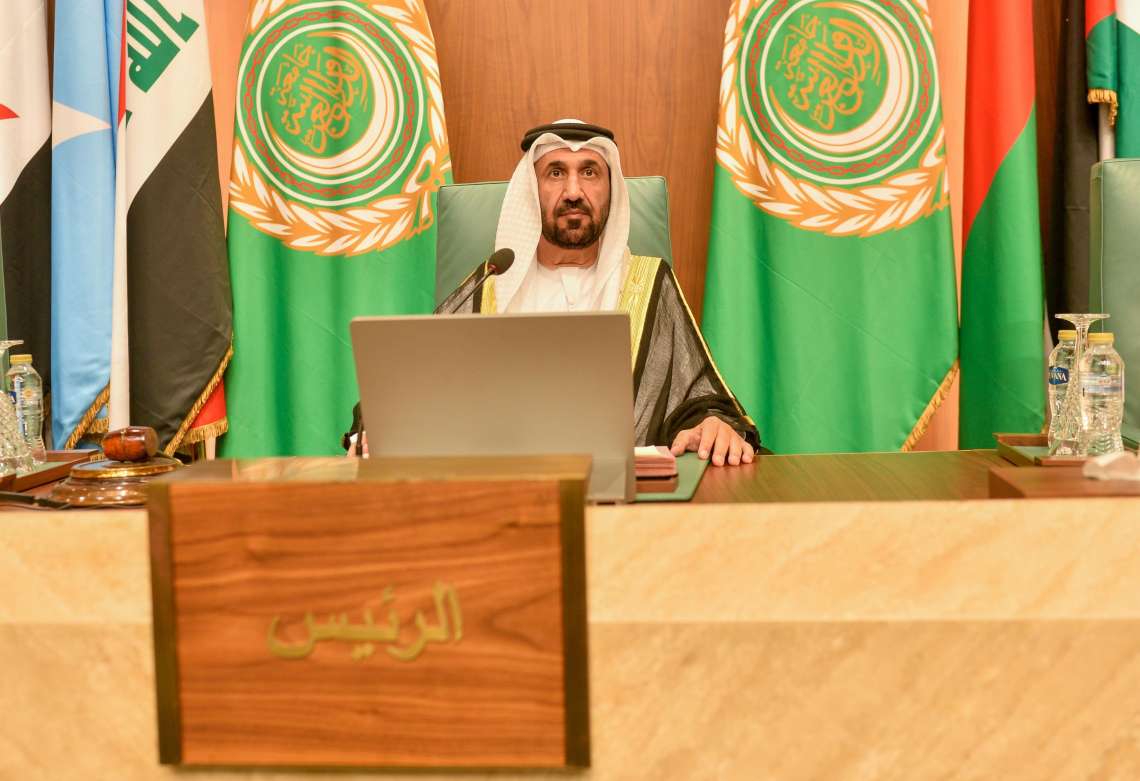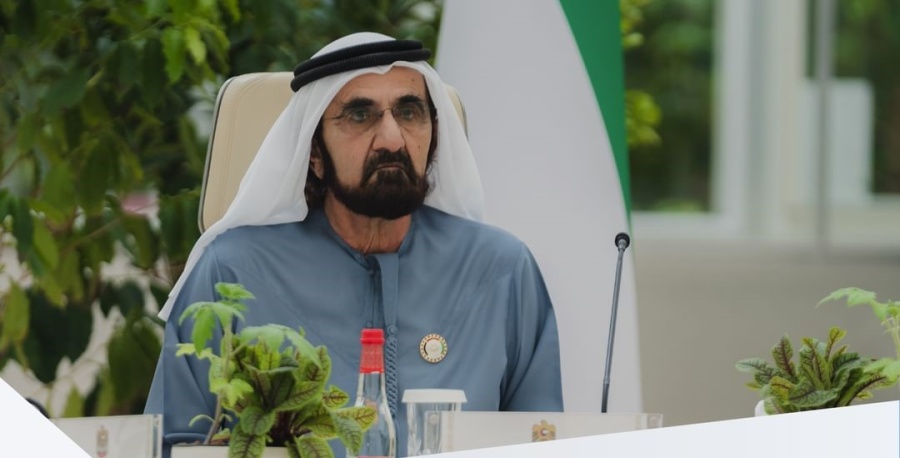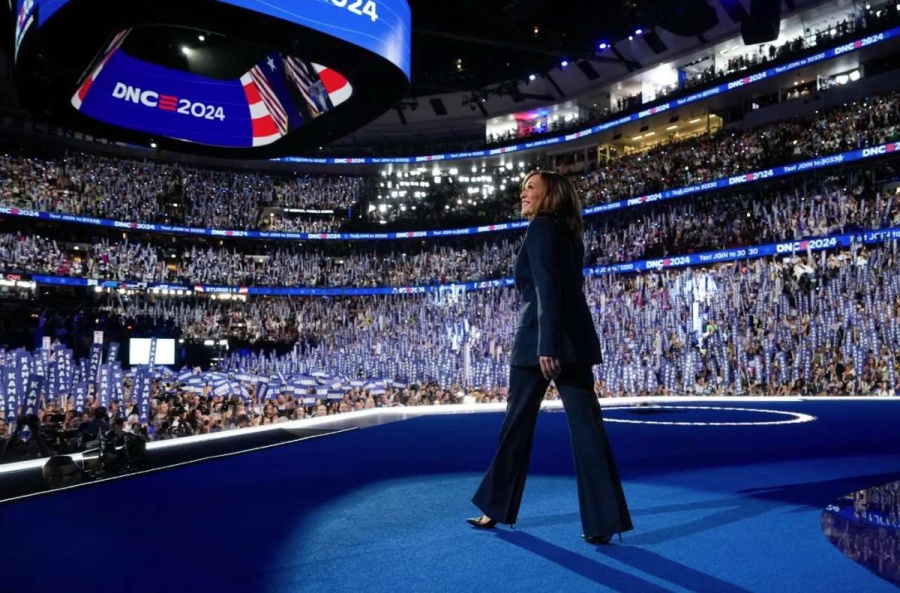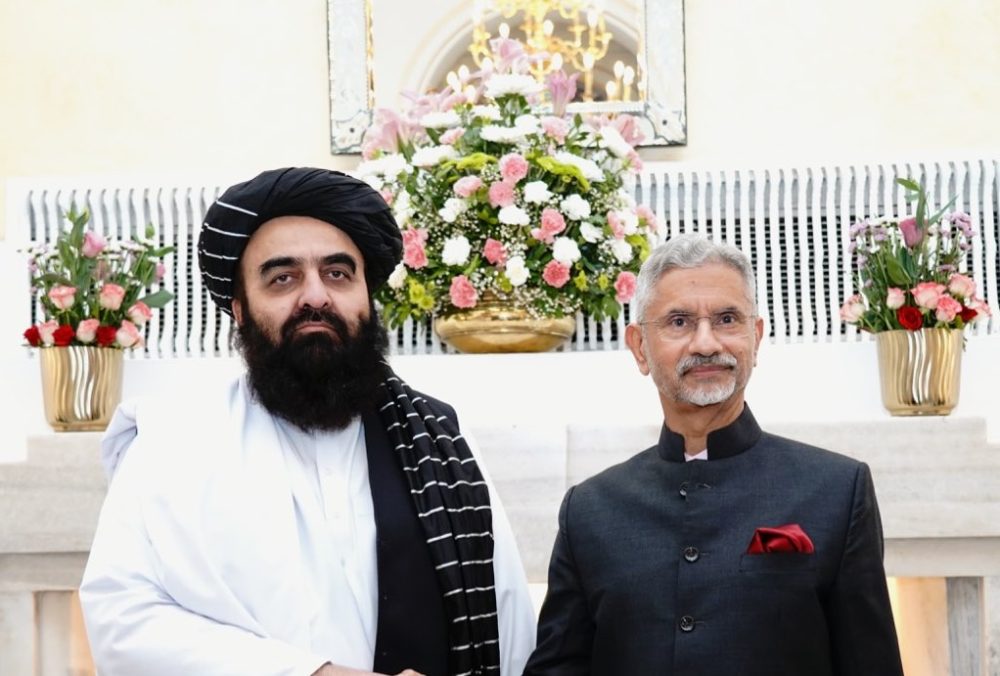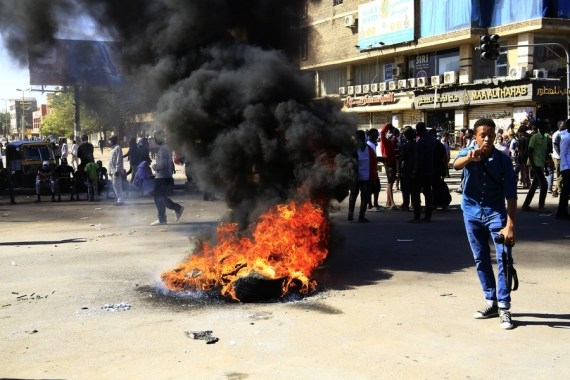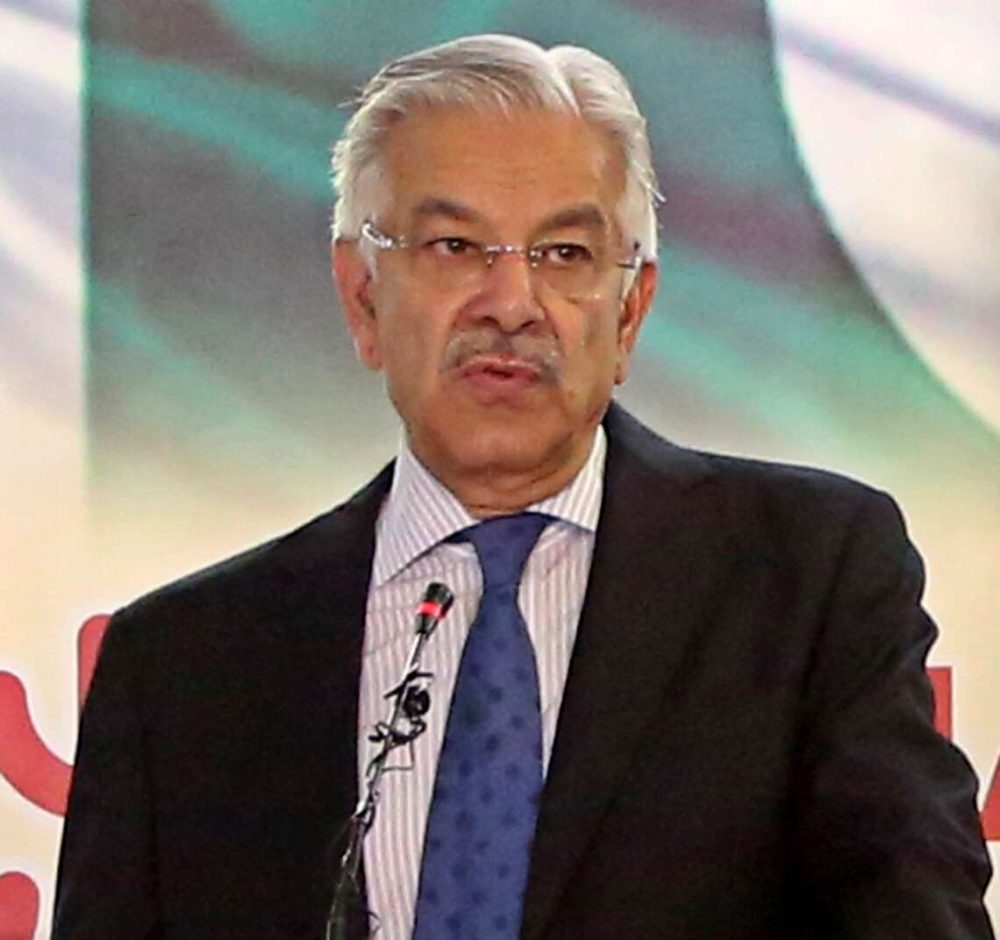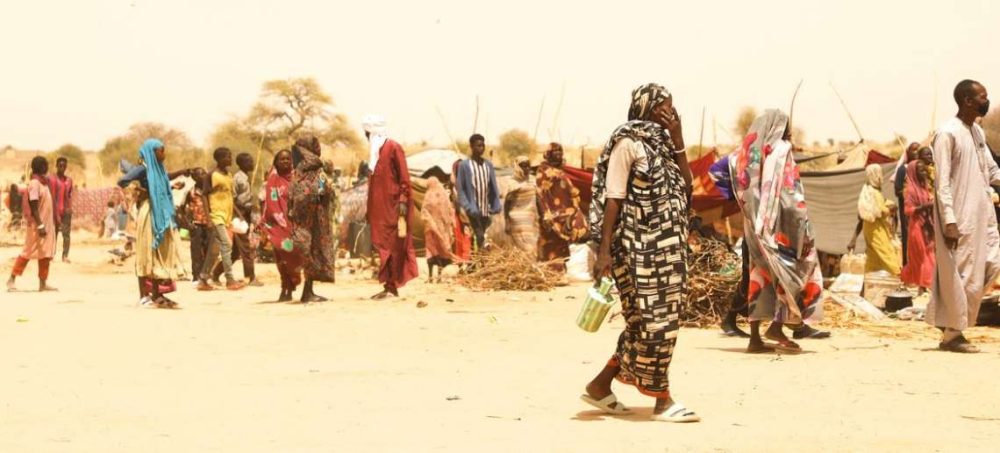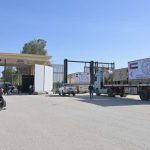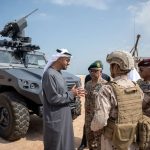His Highness emphasised that specialist programmes, like the Young Arab Diplomatic Leaders Programme, reaffirm the UAE’s commitment to preparing young leaders…reports Asian Lite News
Under the patronage of H.H. Sheikh Abdullah bin Zayed Al Nahyan, Deputy Prime Minister and Minister of Foreign Affairs, the Arab Youth Centre in Abu Dhabi announced the launch of the third edition of the Young Arab Diplomatic Leaders Programme.
H.H. Sheikh Abdullah bin Zayed Al Nahyan said, “Given the rapid transformations occurring across the Arab world, it is imperative to cultivate a new generation of young Arab leaders equipped to address humanitarian crises with both leadership and diplomacy. The UAE has long acknowledged this necessity and has proactively invested in developing the potential of its youth by enhancing their capabilities and empowering them with modern diplomatic tools and leadership competencies. This strategic approach enables young leaders to effectively contribute to global dialogues and play a pivotal role in addressing both regional and international challenges.”
His Highness emphasised that specialist programmes, like the Young Arab Diplomatic Leaders Programme, reaffirm the UAE’s commitment to preparing young leaders who can represent their countries in international forums and find peaceful solutions to various conflicts, thereby strengthening international cooperation.
The programme, which is being held in partnership with the Anwar Gargash Diplomatic Academy and in collaboration with the Ministry of Foreign Affairs and other diplomatic institutions (Harvard, the United Nations Institute for Training and Research (UNITAR), the Graduate Institute of International and Development Studies in Geneva, and the DiploFoundation), includes participants from nine Arab countries: the UAE, Saudi Arabia, Iraq, Egypt, Morocco, Jordan, Oman, Bahrain, and Tunisia.
H.H. Sheikh Theyab bin Mohamed bin Zayed Al Nahyan, Deputy Chairman of the Presidential Court for Development and Fallen Heroes’ Affairs and Chairman of the Arab Youth Centre, said that this edition of the programme focuses on empowering young people with key skills in humanitarian diplomacy and international humanitarian work. He noted that youth play a pivotal role in leading peace efforts, promoting stability, and fostering intercultural understanding, being the future ambassadors of their countries who are capable of advancing humanitarian efforts in their nations in collaboration with international partners.
Dr. Sultan bin Saif Al Neyadi, Minister of State for Youth Affairs, and Vice Chairman of the Arab Youth Centre, stated that investing in the training and development of young Arabs in the field of humanitarian diplomacy is an investment in the future.
He emphasised that humanitarian diplomacy is a soft power tool, and youth are a driving force for finding peaceful and humane solutions to crises in the Arab world. He expressed confidence that young Arabs are ambassadors for positive change and are capable of addressing complex international issues from a humanitarian perspective, armed with skills in effective communication, negotiation, and a deeper understanding of humanitarian diplomacy and international cooperation mechanisms.
Dr. Mohamed Al Dhaheri, Deputy Director General of the Anwar Gargash Diplomatic Academy, added that the academy’s approach combines practical experience and theoretical knowledge to develop a generation of creative diplomats, shaping strategic thinkers who can navigate the complexities of international relations and create a cohort of leaders who can enhance the UAE’s standing on the global stage and shape the future of diplomacy.
The third edition of the Young Arab Diplomatic Leaders Programme will include a series of training sessions, workshops, and meetings with prominent figures and experts in the field of diplomacy.
The sessions will cover the fundamentals of humanitarian diplomacy, advanced concepts in humanitarian negotiations, international humanitarian law, decision-making mechanisms, building alliances and managing relationships, advanced financial diplomacy, protecting vulnerable groups, managing responsible institutional spending, and advanced humanitarian diplomacy.
ALSO READ: Al Budaiwi: UAE fulfilled all commitments to GCC railway


